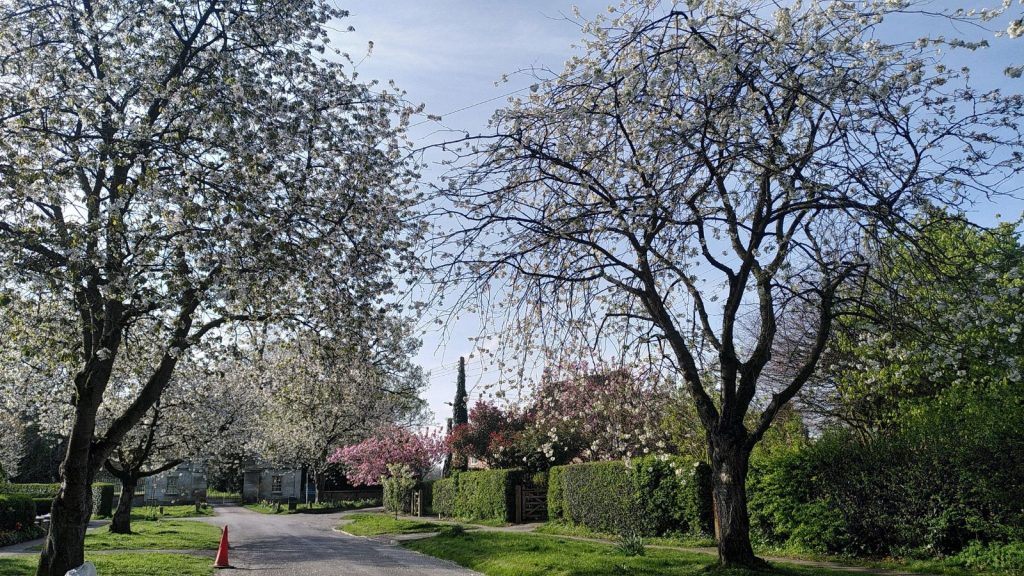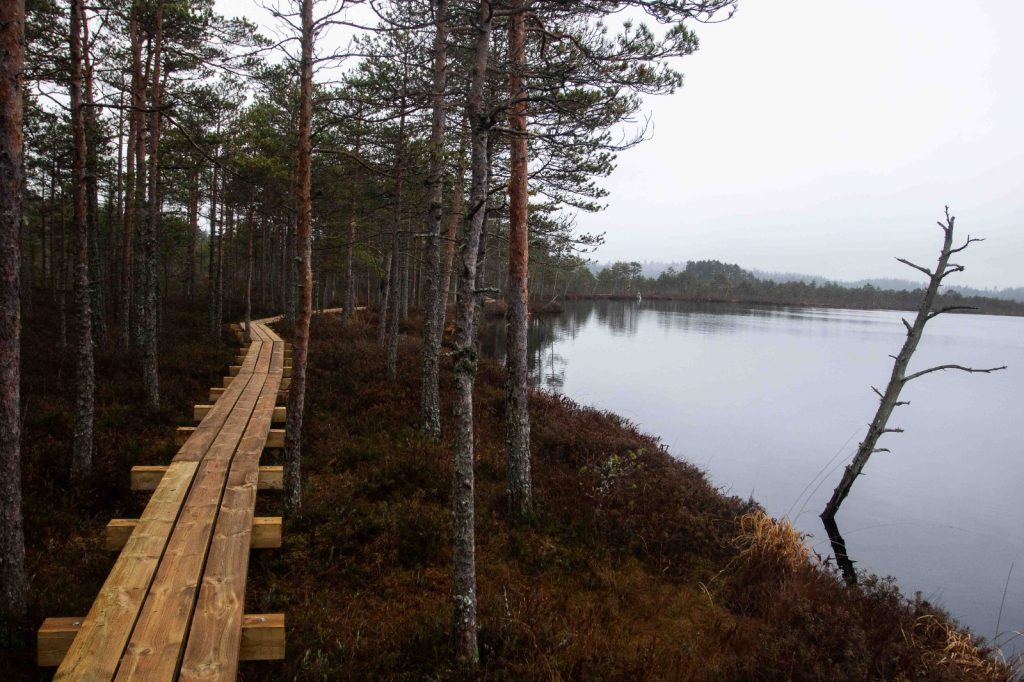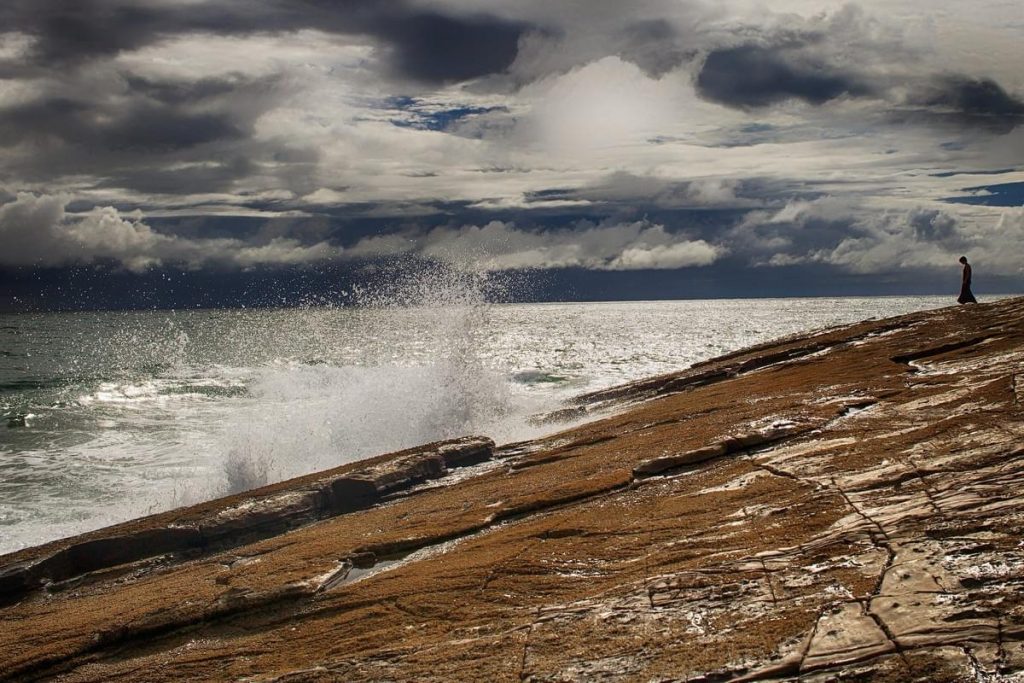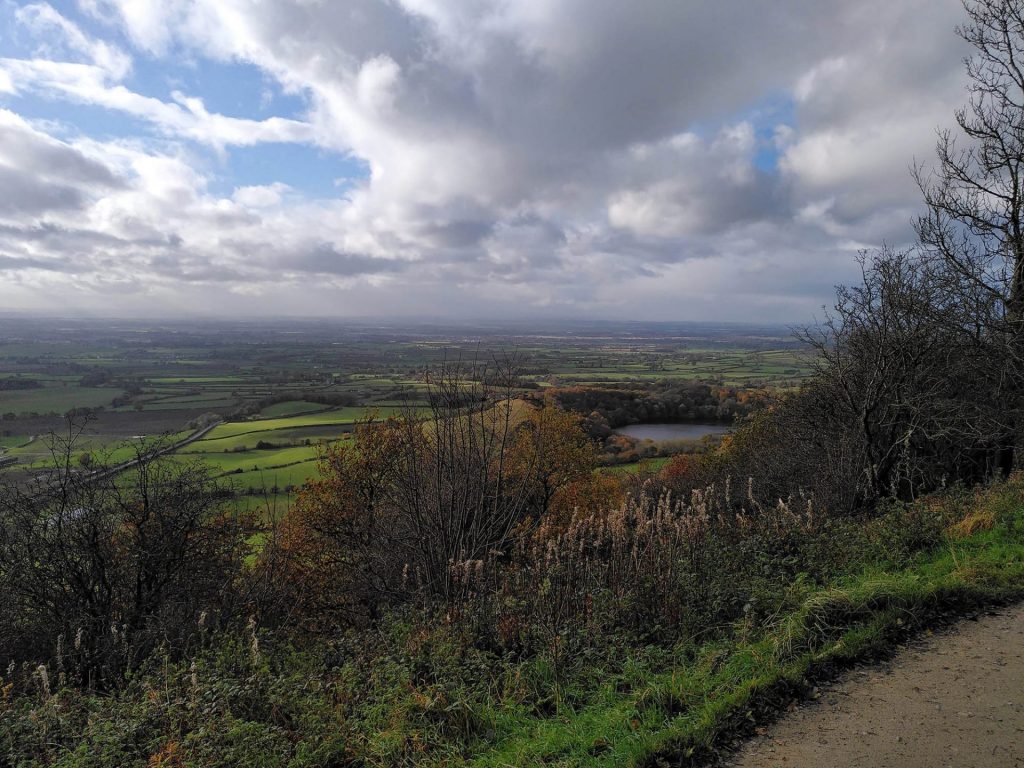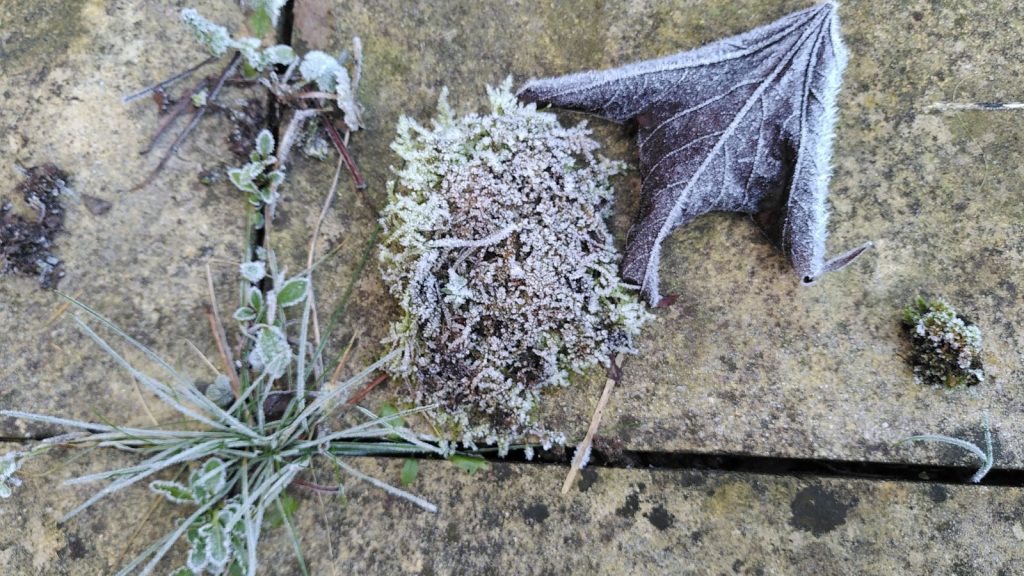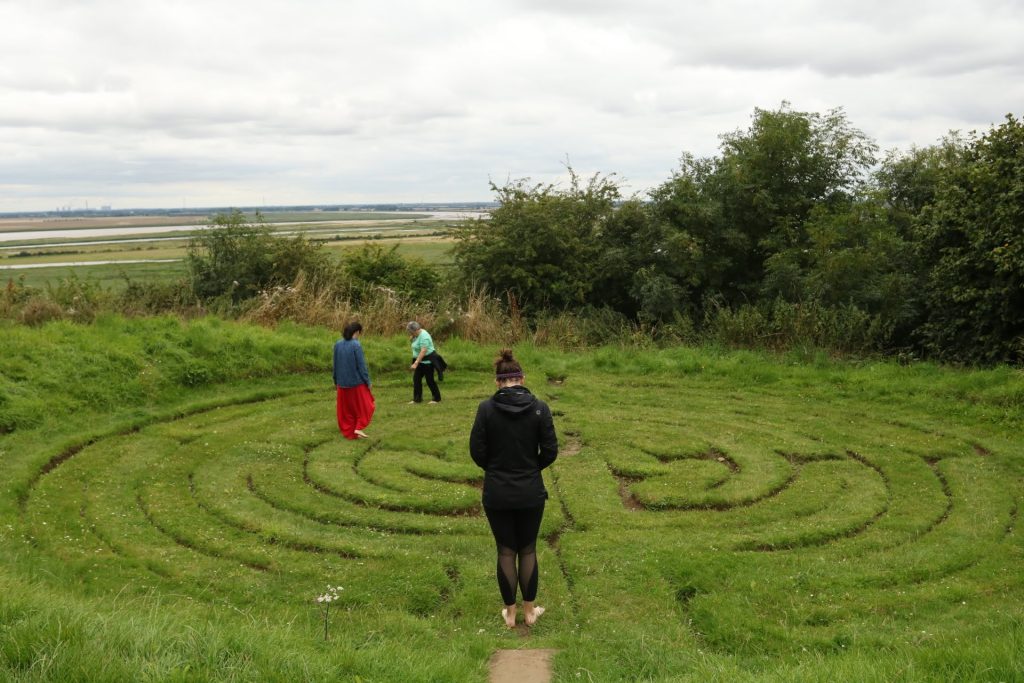Doing Business Differently
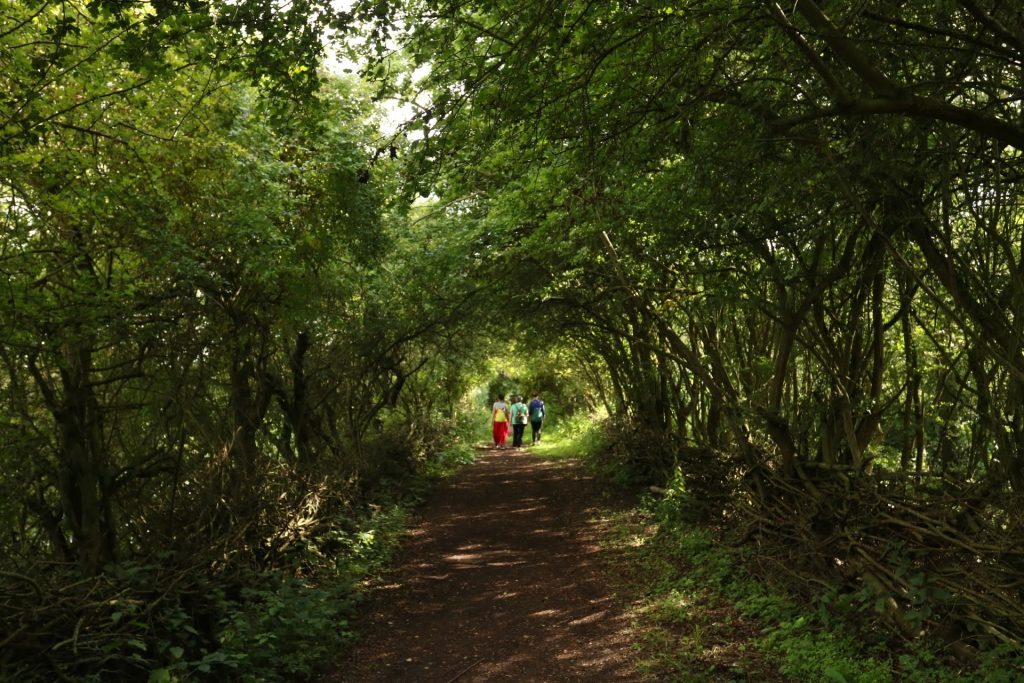
Over the last three years, With Many Roots (WMR) has been reviewing its values and practices and we want to share our realisations with our clients, associates, and supporters. Over the next six weeks, we are publishing a series of six blogs outlining something of WMR’s focus on ‘business NOT as usual’: or rather, how WMR is “Doing Business Differently.”
Both the organisational work itself and the writing about it have been evolutionary and collaborative processes. The series alternates between Sophia, our founder Director and initiator of this radical way of working and then Daphne, WMR’s Wellbeing Director and organisational doula. While Sophia shares some of the genesis, background, and rationale of these ideas, Daphne responds with some of the detail and some of the ‘hows’, exploring their practices and inviting contributions from colleagues. Together they chart a blossoming approach to date of their ‘new normal’ for business.
- Doing Business Differently: Introduction – from Sophia
- Introducing our Wellbeing Practices – from Daphne
- Beyond the Measurable and Tangible – from Sophia
- Evolution of an Organisational Doula – from Daphne
- Going Cyclical – from Sophia
- A Year of Seasonal Gatherings – from Daphne
We hope you enjoy reading these pieces, and find something of interest for yourself personally and in your wider working life. Do circulate to anyone you think may have an interest. If you’d like to respond to anything in this series, do get in touch with us at [email protected].
Sophia begins:
- What does it mean to start a business in these times of a climate and ecological crisis and deepening inequality?
- How can a business grow when growth for the sake of growth is what has led us to these crises?
- Does the world really need another business? Isn’t the profit-driven model extractive and outdated?
- Do I really want to work for myself?
These were the questions I was rolling with in the middle of the pandemic when I was toying with whether to give entrepreneurship a go. (Disclaimer: With Many Roots already existed as a Limited Company, but it was more of a contractor set-up for processing invoices from clients.)
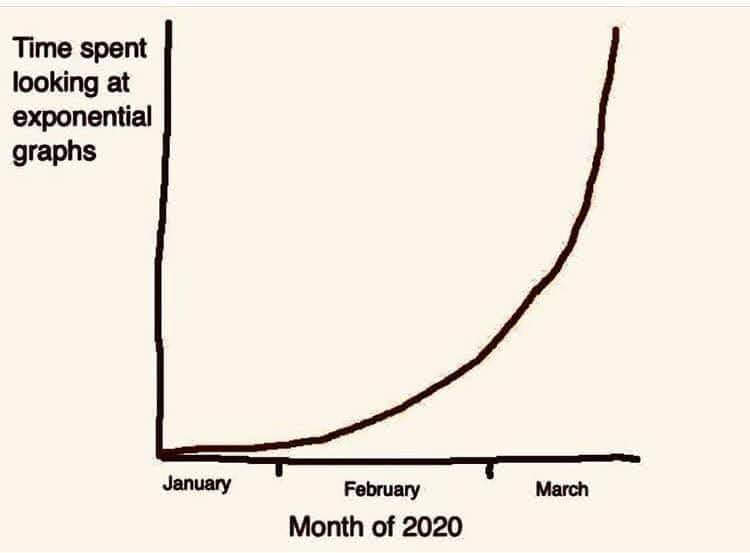
The slow road to embracing my entrepreneurial side
I had been planning to deliver climate education workshops on the side of my main contract jobs. I was working towards a de-growth principle of ‘down-shifting’, the act of reducing your work hours with the view to use your free time for impact work regardless of financial compensation. In 2018, as I immersed myself in the idea of de-growth, a movement that is critical of endless growth. It let me to the degrowth conference in Malmo, Sweden where I met like-minded folk. There, I stumbled across a small but potent idea: perhaps my most important work might not be my paid work? So I decided to make time and space for my activism and I was going to do it for free.
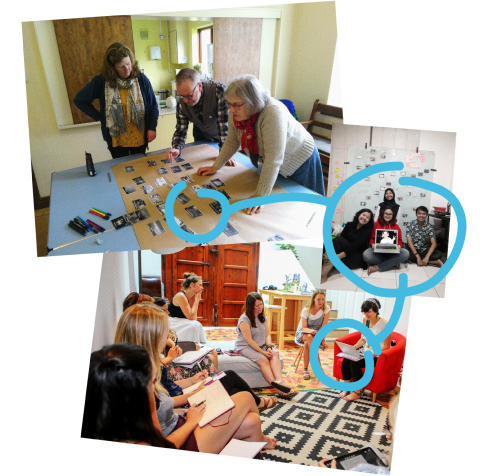
Then the pandemic hit. I pivoted to delivering the workshops online but my existing clients also cut my hours. Now I had more time – and with lockdowns there were none of the usual social distractions. So I kept plugging away at the tool, delivering it to more people, improving my practice. I loved this work. By midsummer 2020 I publicly declared that we had a new offering at With Many Roots. But it was still mostly me with my partner helping with admin behind the scenes.
By autumn, we had grown. Two wonderful women approached and offered their support, services and time. Their belief in me was a game changer. I could suddenly imagine something far more impactful. With a proper team, could we be a proper business?
Allison Whitaker1 came on board as my wingman and collaborator. We devoured literature on the B corp movement (trying to shift the dial towards more ethical businesses) and Kate Raworth’s Doughnut Economics. There were examples and ways of doing business differently.
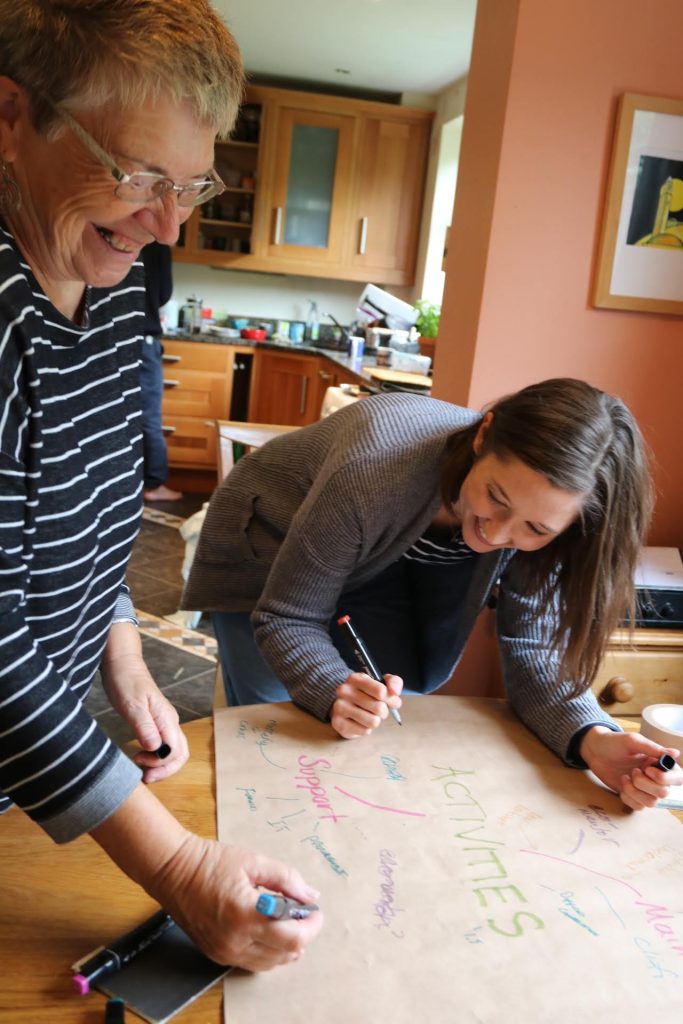
- Could I use the familiar institution of ‘the business’ as a framework to explore and experiment?
And I wasn’t the only one soul searching. After putting this ‘book equation’ on social media in February 2021 – framed as a Lonely Hearts column ad – I was encouraged by others, including my heroes Kate Raworth, Rob Hopkins and Britt Wray to keep pursuing it.

Establishing our early principles
Using Doughnut Economics framework there were two principles in particular that spoke to how we might operate on new and fairer terms:
- Design to distribute: “distributive of value among those who help to generate it”
- Create to regenerate: “unleashes the potential of regenerative design in order to create a circular, not linear, economy—and to restore ourselves as full participants in Earth’s cyclical processes of life.”
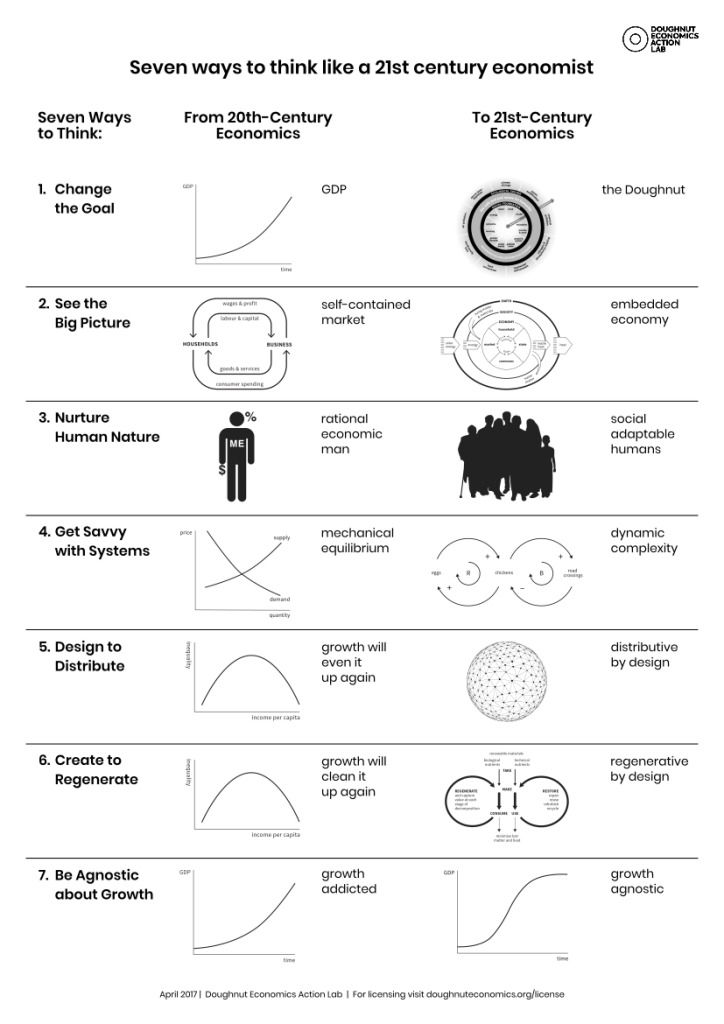
At With Many Roots we have been making charitable donations annually since 2018. Provoked by learning about Effective Altruism, we believe our planet deserves more than 1% of income. We have consistently donated 10% of our pre-annual profit each year. We think about the donations in two ways, half donating with our head – where can the money work hardest? – and half with our hearts – what are the causes that have moved us in the last 12 months? As of 2025 we have donated over £12 000 to a range of organisations. I hope to write a more in-depth post about this in the near future, in the meantime here’s the most recent write up.
We also want to have a generous referral scheme of 10% for people or organisations whose referral successfully leads to a sale. A key idea stood out from Raworth’s words: “We need more small-scale enterprise networked together and fewer monolith corporations.” At WMR we distinctly do not want to do everything and be everywhere. However we do want to have strong relationships with partners who might be better served than ourselves to support a potential client. And so we want to value when an introduction is made to us from someone else. This is similar to our views on how we want to work with and treat our associates. We have come together as the Understory Collective and signed up to a manifesto.

In 2021, in our commitment to become an ethical organisation, we began our B Corp journey process. We started to put policies in place and got two-thirds of the way there before needing to refocus on our commercial viability. We now have a solid base to return to our B corp journey in the future.
Tending to wellbeing
I’ve worked in organisations focused on ‘doing good things’ and the level of burnout is high. I’ve been close to the edge of it myself. I knew if I was leading others, I wanted to put wellbeing in the centre. Even in large corporate companies, there has been a well overdue drive to attend to employees’ mental health. A 2023 report concluded that work-related stress costs £28bn to the UK economy resulting in 23.3m sick days a year.
And the work we are embarking on – climate work – is not easy work. It’s not easy to absorb the regular barrage of bad news, nor strong reactions from certain people. We want to lead with empathy when we run our workshops; we want to be present to the needs in the room, and to hold people safely enough that they are more inclined to be open to the systemic nature of the crises we have to collectively grapple with.
- So how might a small, ready-to-be-radical organisation practice this?
Introducing our Wellbeing Director
The second wonderful woman to approach me and offer help was Daphne Pleace. We found each other through our love of writing in 2017 and since then our relationship has ebbed and flowed through mentoring, writing guidance, exploring nature spaces, poetry, light touch therapy and the occasional social evening enhanced with a glass of red. Or similar. Whilst Daphne had been supporting me individually, in 2020 she offered her services to what I was growing With Many Roots.
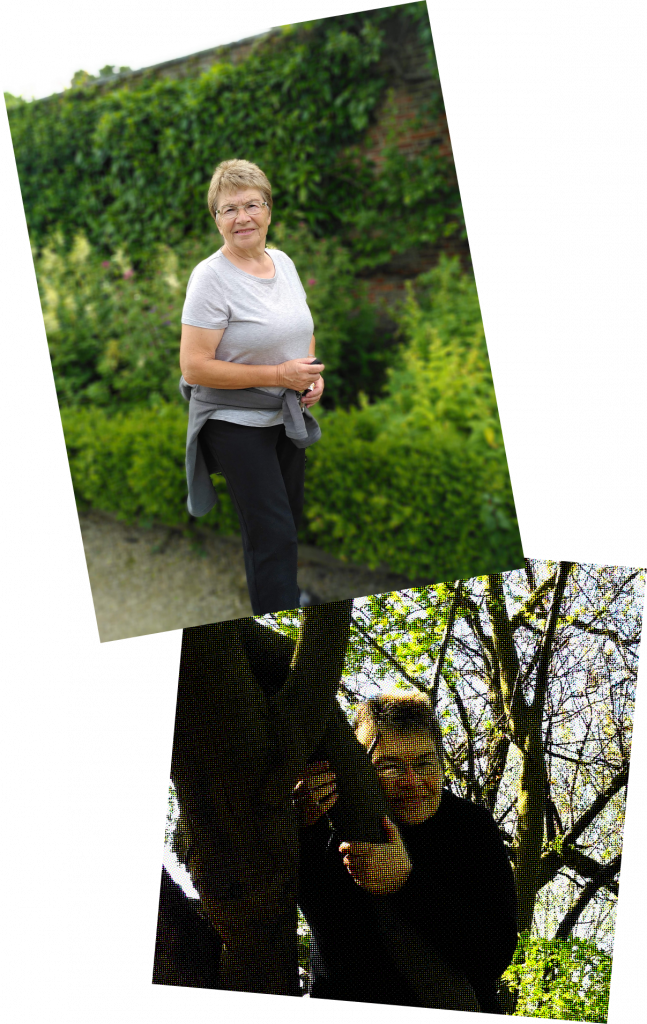
So we co-created a role for her. (Though I do like the term co-arising for this. From Buddhist philosophy, it’s the concept that “All things arise through the co-working of many causes and conditions.”) She would be our Wellbeing Director. This was more than a tactical role of Wellbeing Officer: she would lead with how we practised our wellbeing in the organisation.
As the sole founder, the idea that someone else was also holding how the rest of the team were doing felt like an important weight lifted. Of course, I still wanted to lead with care but the day-to-day needs of running a business meant I was getting lost in the weeds a little bit. Daphne holds 121 check-ins with team members.
I wanted our team days to be different too. I wanted them away from screens and ideally outside in wide open green spaces. In this line of work, it has finally dawned on me that we can only deeply care for what we know and love. So to cultivate love and care for the natural world, it has to be more than conceptual and more than reading books about it. It requires time spent immersed in natural spaces. We need to practice what we preach to our clients.
Luckily for us Daphne has an amateur but extensive understanding of British nature, so is well equipped to lead these sessions. Our team away days didn’t need to be far away or costly but they needed to get us out of the day-to-day runnings of the business, open up expansive conversations and address our ‘plant blindness’. A term I’ve recently learned that is certainly true for me, “the tendency to under appreciate the flora around us.”

So that’s how we started our first phase of stretching into this work. In the next post in this series, we hand over to Daphne to share how these ideas played out in reality. Read part two here.
- Allison left With Many Roots in June 2024, as she was such a fabric of the business in her 3 years with us, she has been included here. She now works communicating climate impacts in her home state of North Carolina, US. ↩︎
